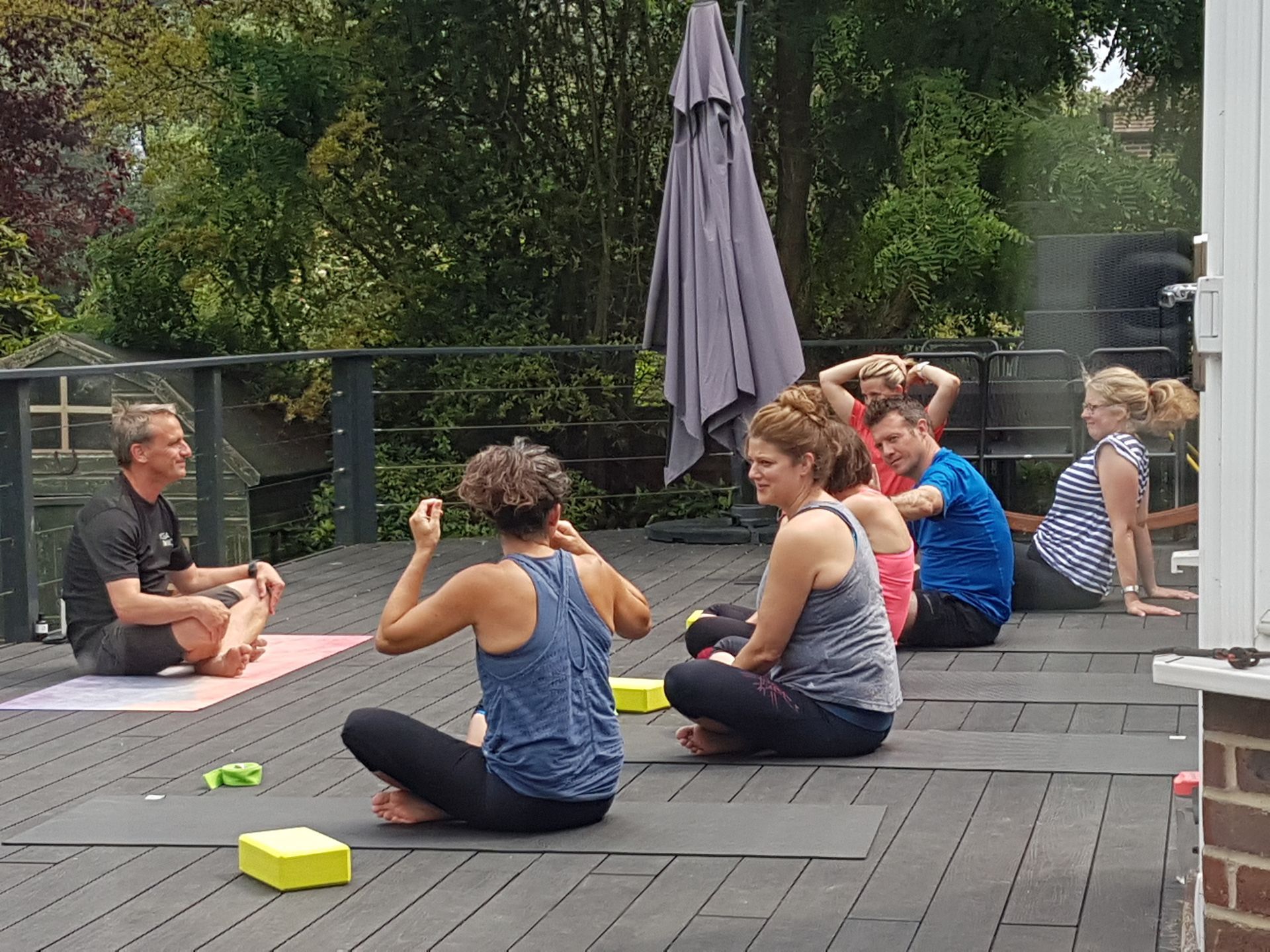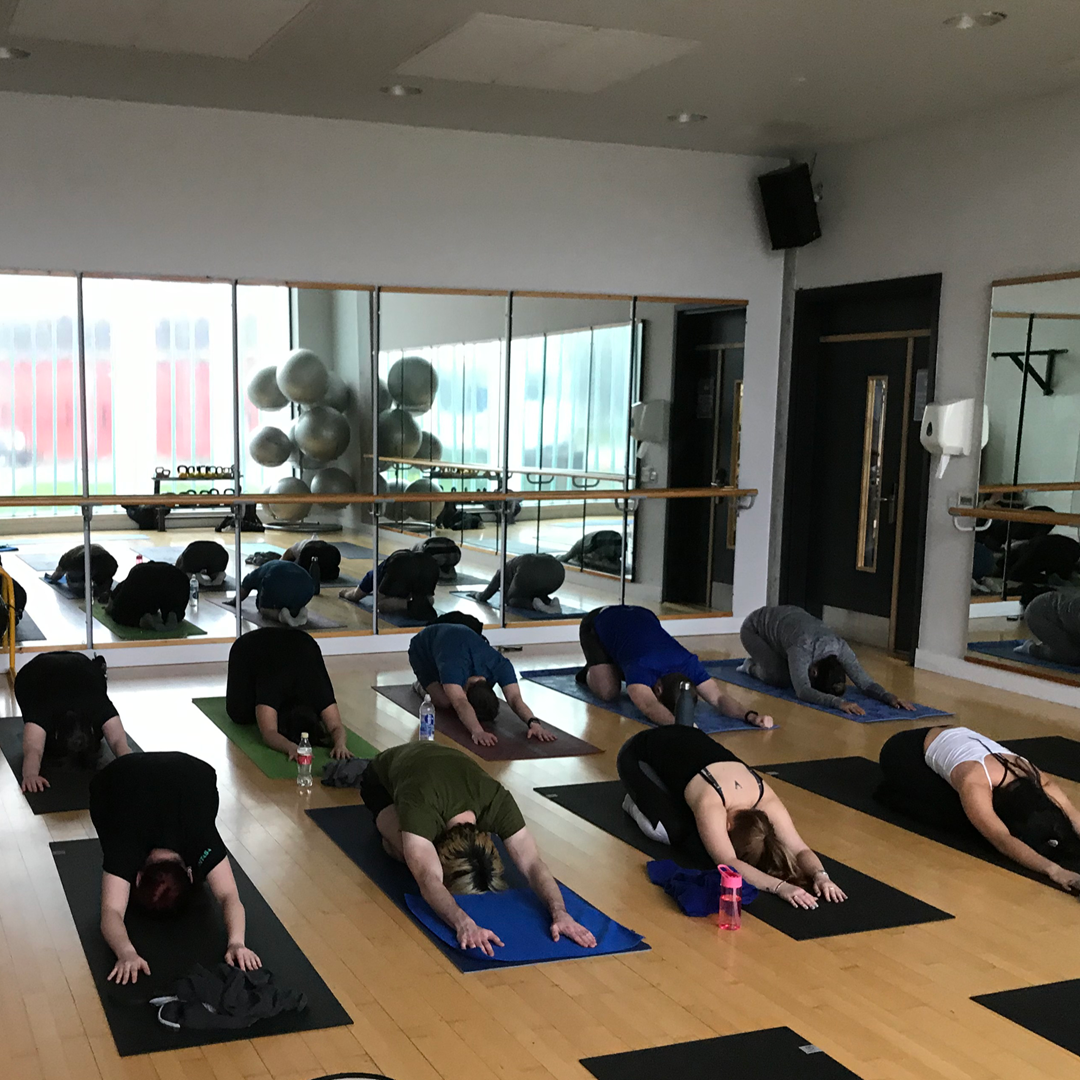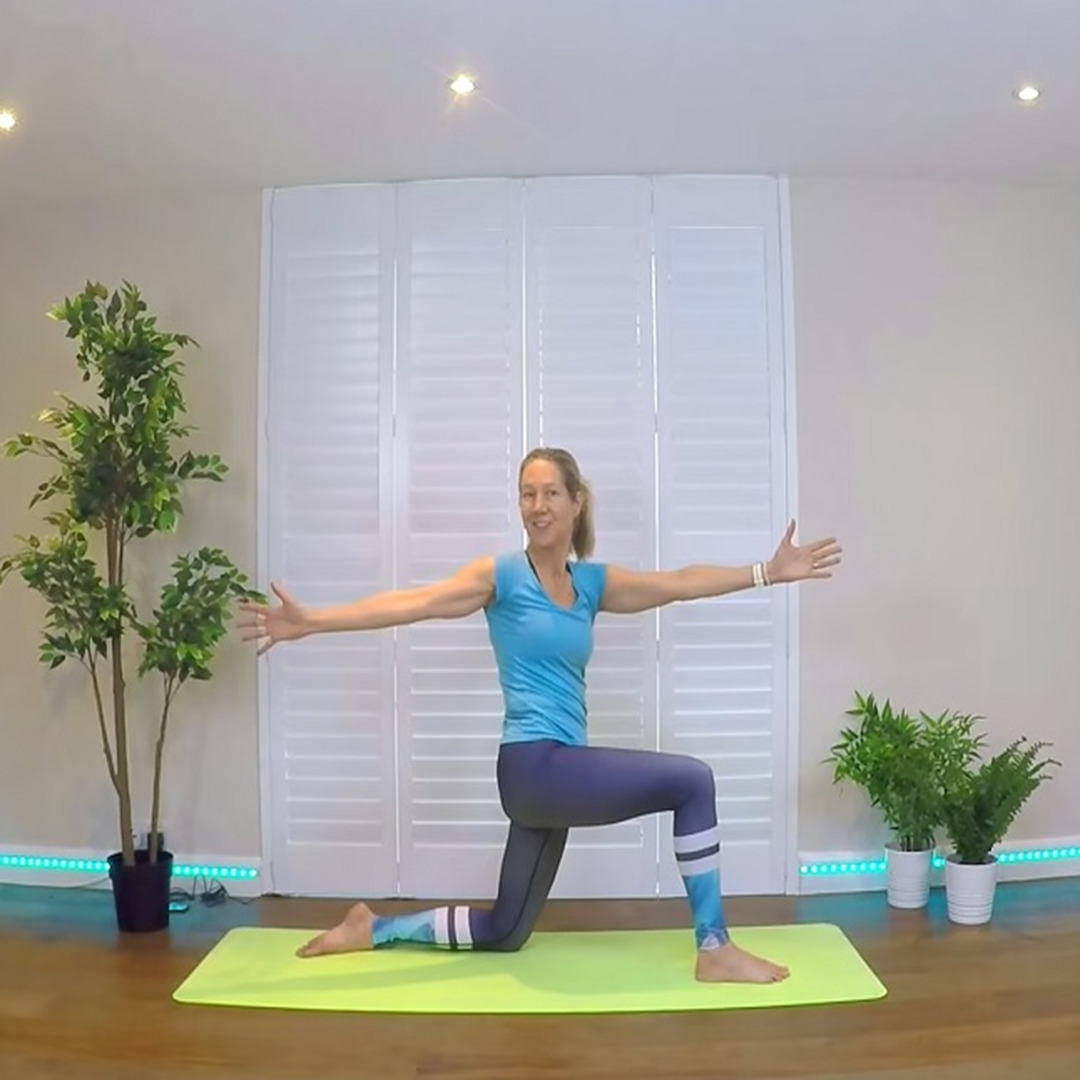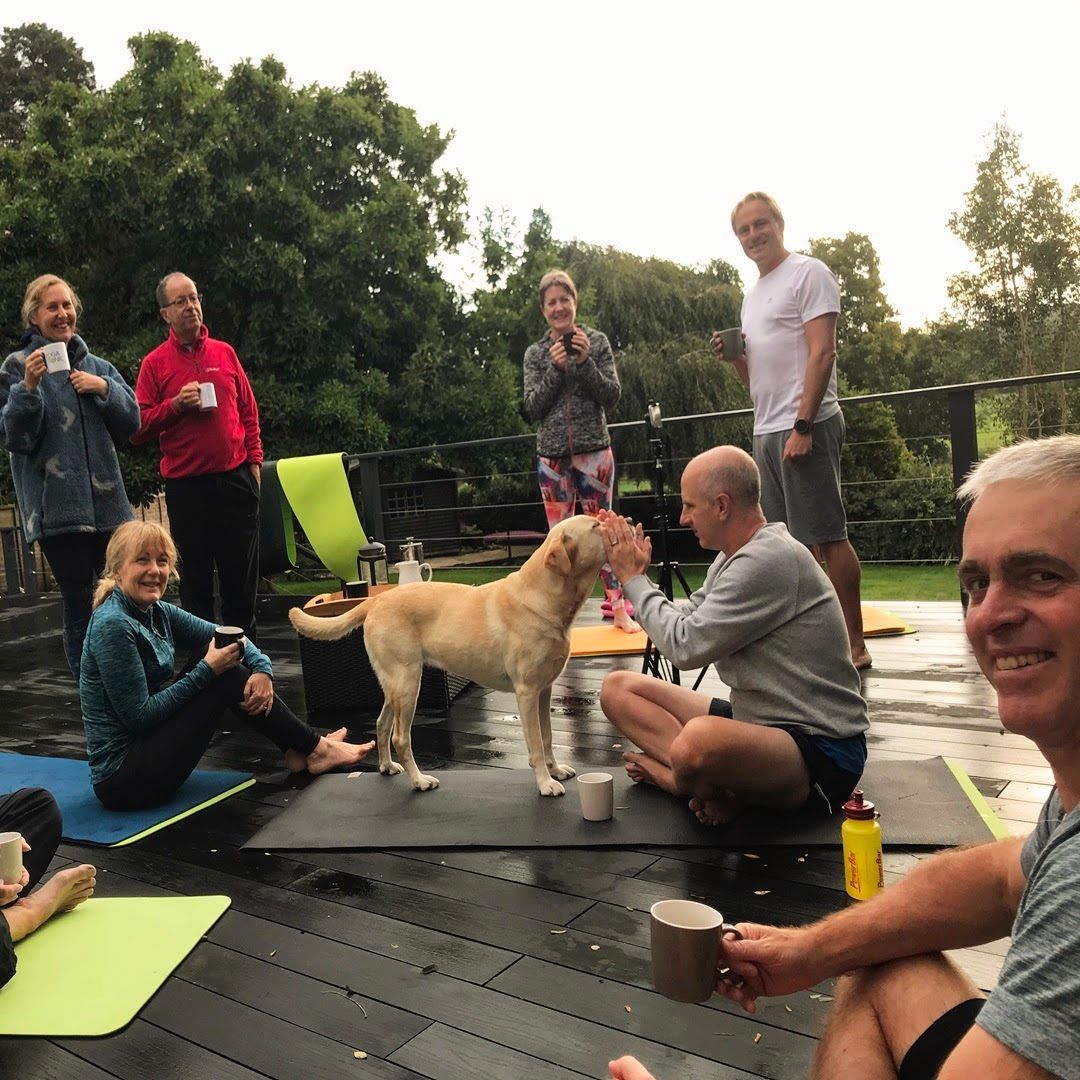LETTING GO
8 Reasons to Let Go
How Letting Go Can Give You More Control
It sounds counter intuitive, but letting go of certain things can improve our wellbeing.
I think we all, at some point or another, are likely to spend significant energy worrying about things beyond our control—whether it’s other people’s opinions, unexpected life changes, or past mistakes.
It can feel a bit of a struggle to control the uncontrollable that can lead to stress, anxiety, and frustration.
Learning to let go of these worries is a powerful way to enhance wellbeing, enable greater peace of mind, and create a healthier, more balanced life.
Before, I continue with introducing the ways to help let go, let me explain the photo....I'm not great with heights and the thought of being in a hot air balloon was, and still is, pretty terrifying. However, by letting go, embracing acceptance, helped me to 'enjoy' the experience. Metaphorically, the imagery of a hot air balloon resonates with letting go - at times it can feel that direction we move can feel affected by other 'forces'- accepting those influences can help with enjoying the ride - wherever it may take us.
1. Reducing Stress and Anxiety
One of the greatest sources of stress is worrying about things we cannot change. Whether it’s a delayed flight, an unexpected job change, or someone else’s actions, dwelling on things outside of our influence only drains our energy. By shifting focus to what we can control—our reactions, mindset, and actions—we free ourselves from unnecessary stress and anxiety.
2. Embracing Acceptance
Letting go does not mean giving up; it means accepting reality for what it is. When we resist situations or try to force outcomes, we create tension and frustration. Acceptance allows us to make peace with life’s unpredictability and find constructive ways to move forward rather than getting stuck in what we wish were different.
3. Strengthening Emotional Resilience
When we let go of the illusion of control, we develop resilience. Challenges and setbacks are inevitable, but how we respond to them makes all the difference. By focusing on adaptability rather than resistance, we build emotional strength and learn to navigate difficulties with grace and confidence.
4. Freeing Up Mental and Emotional Energy
Holding onto past regrets, grudges, or fears about the future consumes mental space that could be used for creativity, joy, and growth. By releasing these burdens, we create room for new experiences, deeper connections, and a more fulfilling present moment.
5. Improving Relationships
Trying to control how others think, feel, or act often leads to frustration and strained relationships. Accepting that we cannot change people but can only control how we interact with them fosters healthier, more respectful relationships. Letting go of unrealistic expectations allows us to appreciate others for who they are rather than who we want them to be.
6. Cultivating Mindfulness and Presence
Letting go encourages us to live in the present moment rather than dwelling on the past or worrying about the future. Mindfulness practices, such as meditation or deep breathing, help us stay grounded in what is happening now, reducing anxiety and increasing overall well-being.
7. Encouraging Personal Growth
Growth happens when we learn to accept uncertainty and take things as they come. When we stop trying to micromanage every detail, we become more open to new opportunities, personal development, and unexpected joys in life.
8. Enhancing Sleep and Physical Health
Chronic stress and worry take a toll on both mental and physical health. By learning to let go, we allow our bodies to relax, improve sleep quality, and reduce the risk of stress-related health issues like high blood pressure and fatigue.
Final Thoughts
Letting go of what we cannot control is one of the most liberating steps we can take for our wellbeing. It allows us to reduce stress, cultivate resilience, and focus on what truly matters.
While it’s not always easy, practicing acceptance, mindfulness, and self-compassion can help us embrace life’s uncertainties with a sense of peace and confidence.
By shifting our focus to what we can control—our thoughts, attitudes, and actions—we empower ourselves to live a healthier, happier life.









